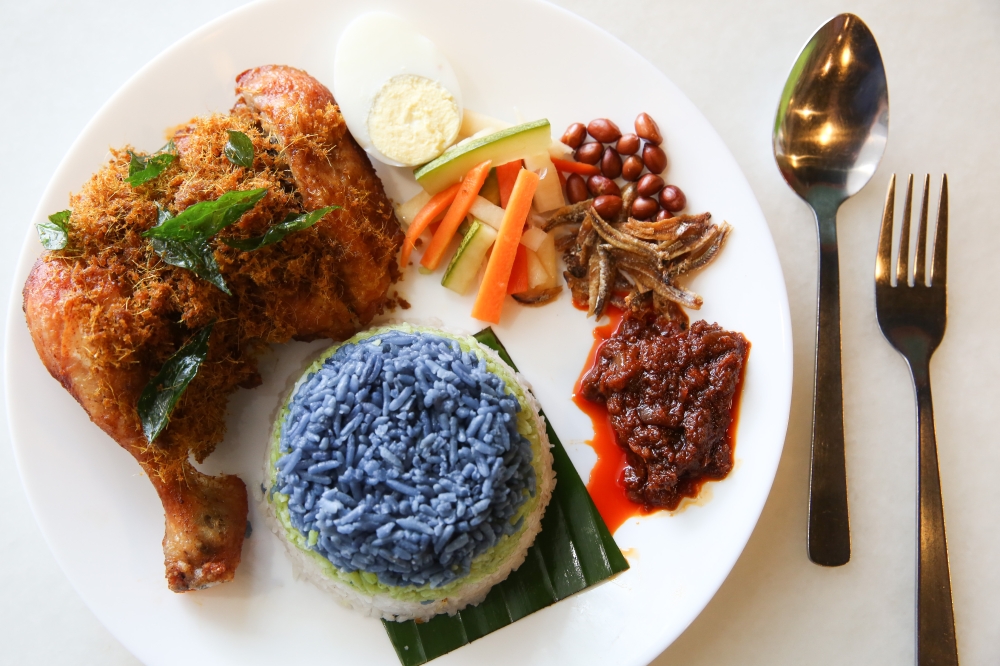OXFORD, March 27 – Oxford Languages has announced today its latest update to the Oxford English Dictionary (OED), featuring several loanwords from Malaysia.
In a statement, OED said among the newly included words is “alamak” — an exclamation expressing surprise, shock, dismay, or outrage.
It said the origins of the word — borrowed from Malay and first recorded in 1952 — are uncertain but may stem from Arabic and Portuguese expressions. A similar interjection, “alamah,” exists in Kristang, a Malay-Portuguese creole.
Several food-related terms have also been added, reflecting the influence of Malay cuisine such as ketupat (1886) refers to a diamond-shaped rice cake wrapped in woven palm leaves, commonly served with satay or festive meals.
“Otak-otak” (1929) describes a dish of ground fish mixed with spices and coconut milk, wrapped in banana or palm leaves, and cooked by steaming or grilling.
“Nasi lemak” (1935), a dish of coconut milk-cooked rice with various garnishes, and “kaya toast” (1989), a toasted bread sandwich with butter and kaya (a coconut and egg jam), also made the list.
Other newly recognised food terms include “half-boiled egg” (1931), an egg cooked briefly in hot water and seasoned with soy sauce and pepper, and “tapau” (1997), a term derived from Cantonese meaning to pack food for takeaway.
Meanwhile, two dishes with Anglicised names — “fish head curry” (1972) and “steamboat” (1960) — have also been included.
Beyond food, the update features “mat rempit” (2004), describing young men involved in illegal motorcycle racing in Malaysia.
The word “terror,” first recorded in 1977, is also listed as an adjective in Malaysian and Singaporean English, meaning either “terrible” or, in a positive sense, “admirable” or “excellent.”







